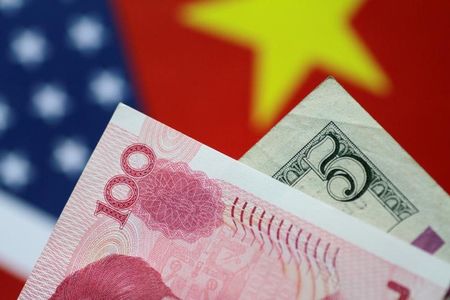AI Sentiment: Bearish
Reason: The Asian currency market, including China's yuan and Japan's yen, is experiencing a downward trend due to the U.S. dollar's strength and disappointing Chinese retail sales data, indicating a bearish sentiment.
The Asian currency market witnessed a slight downward trend as the U.S. dollar hovered near a three-week high. This movement was influenced by the U.S. Federal Reserve's indication of a possible interest rate hike sooner than previously anticipated, which bolstered the dollar's position in the global market.
Another significant factor contributing to this situation was the disappointing data on Chinese retail sales, which missed the expected growth forecast for August. Experts suggest that the slower than expected growth in retail sales indicates the impact of the Delta variant of the Covid-19 virus, as well as other localized outbreaks, on the country's economic recovery. This development has led to a negative sentiment in the market, weighing down China's yuan and other Asian currencies.
On Wednesday, the People's Bank of China (PBOC) set the yuan's midpoint rate at 6.4431 per dollar, marking its weakest level since August 27. The yuan's spot market opened at 6.4436 per dollar and was changing hands at 6.4421, weaker by 0.02% than the previous close.
The Japanese yen, another significant currency in the Asian market, also experienced a downward trend. It traded at 109.67 per dollar, marking a depreciation from its previous position. South Korea's won and Thailand's baht faced a similar fate, depreciating against the dollar due to the overall negative sentiment in the market.
Experts are closely monitoring the situation, especially with the U.S. Federal Reserve's policy meeting scheduled next week. The outcome of this meeting could have significant implications on the global currency market, particularly if there is a concrete indication of a potential interest rate hike. The anticipation around this event is expected to keep the market volatility high in the coming days.
Overall, the Asian currency market is going through a phase of uncertainty due to various global and domestic factors. However, experts suggest that this is a temporary phase, and the market is expected to stabilize as the situation around the Covid-19 pandemic improves and the global economic recovery gains momentum.




